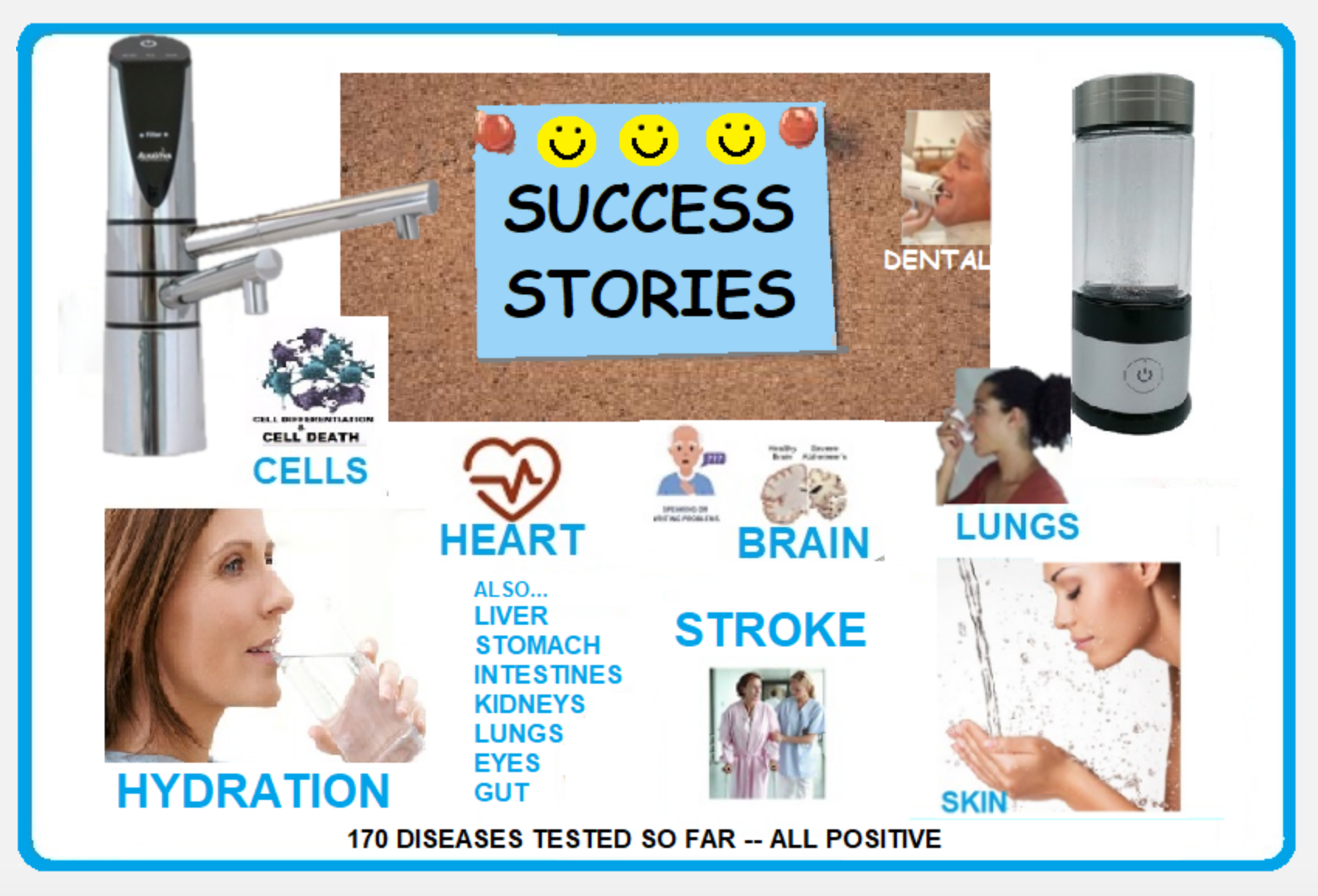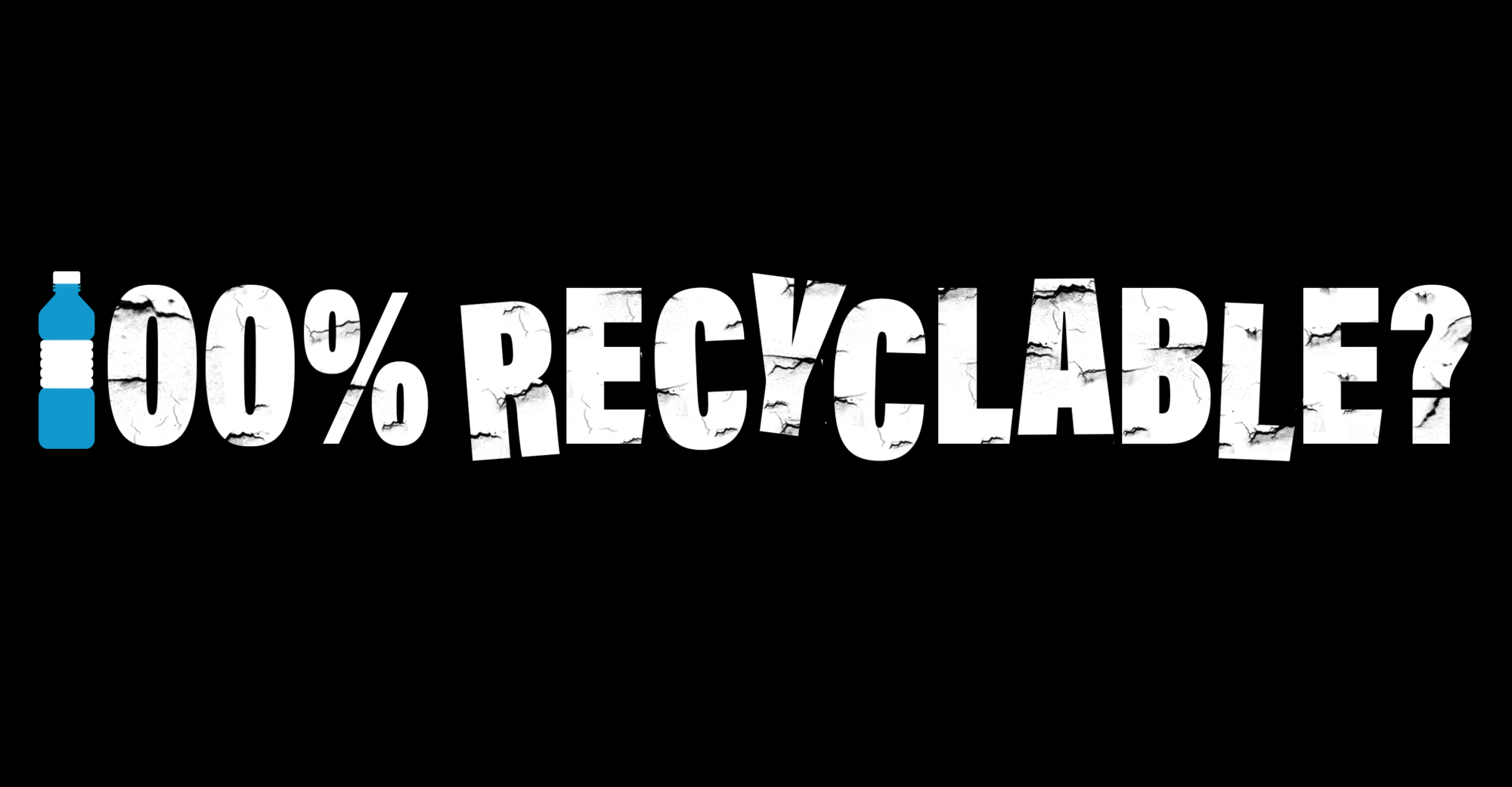
Alkaline Water Plus
Are there really any benefits to drinking alkaline water?
Class-action lawsuits ground product's "spring water" claims.
Groundwater vs. spring water! Who you got?
Spring water, obviously. You’re not a barbarian.
But how do you know that the bottle on the shelf labeled “spring water” actually comes from a spring? In the case of Poland Spring, you don’t know, according to a class-action lawsuit alleging “colossal fraud” by its parent company, Nestle Waters North America.
“Not one drop of Poland Spring Water emanates from a water source that complies with the Food and Drug Administration definition of ‘spring water,’” the lawsuit states. It continues:
Rather than being “100% Natural Spring Water” as [Poland Spring] labels advertise, and rather than being collected from pristine mountain or forest springs as the images on those labels depict, Poland Spring Water products all contain ordinary groundwater that [Poland Spring] collects from wells it drilled in saturated plains or valleys where the water table is within a few feet of the earth’s surface.
The FDA defines spring water as “water derived from an underground formation from which water flows naturally to the surface of the earth.” It can be collected at the spring or underground.
The lawsuit notes that the spring in Poland, Maine after which the water is named “ran dry nearly 50 years ago.” On its website Poland Spring acknowledges that it “no longer use[s] the original Poland Spring source” but points to seven other springs in Maine that it says it sources its water from.
Poland Spring has responded to lawsuits challenging its spring water claims saying its water meets all federal and state guidelines to use the term, including the FDA’s, and is indeed 100 percent spring water. Last year a federal judge in Connecticut appeared to have been swayed by this argument, dismissing a similar case against the company.
However, in doing so, U.S. District Judge Jeffrey Alker Meyer had some parting words for the parent company. According to the Portland Press Herald:
Meyer made clear that he didn’t side with Nestle Waters on many of its legal arguments in the case, but decided that the consumers who sued were going about it the wrong way (i.e., using state law to enforce a federal standard). For instance, he said Nestle Waters argued that prior lawsuits over the issue of whether the water was actually from a spring (including one that resulted in a $10 million settlement in 2003) “put plaintiffs on notice that Poland Spring’s ‘spring water’ labels were false,” Meyer said, while the company was also making “steadfast denials” that the water was mislabeled.
“Nestle cannot have it both ways,” Meyer said, according to the Portland Press Herald, “that plaintiffs somehow ‘knew’ Nestle’s labels were false but that Nestle’s labels were not in fact false.”
Find more of our coverage on the curious marketing of H2O here.
Our Ad Alerts are not just about false and deceptive marketing issues, but may also be about ads that, although not necessarily deceptive, should be viewed with caution. Ad Alerts can also be about single issues and may not include a comprehensive list of all marketing issues relating to the brand discussed.
Are there really any benefits to drinking alkaline water?
This year reader tips led to dozens of ad alerts, as well as a complaint to regulators.
Bottled-water brands mislead consumers who want to “do their part” and recycle, class-action lawsuits allege.

